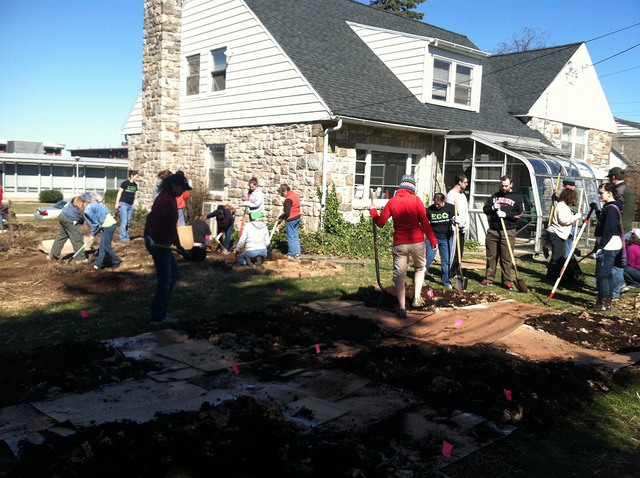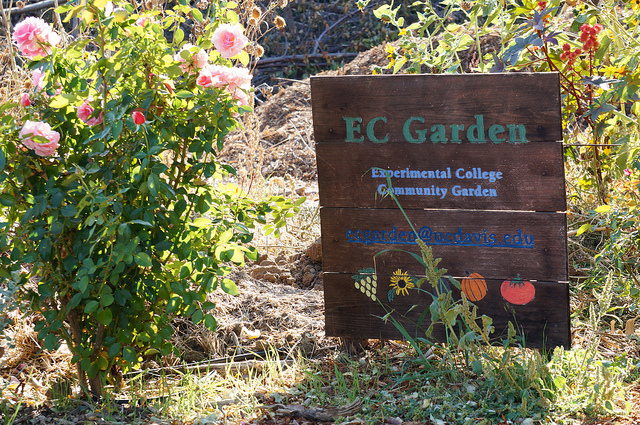Teachers around the world should definitely try presenting their lessons in the school garden from time to time. The practice brings a multitude of benefits to the students, improving their sense of responsibility and respect for the nature and their classmates, maximising their teamwork engagement and allowing them to learn about things hands-on.
The outdoor classroom practice is also proven to be a productivity booster and a motivation for students to learn, thrive and gain better insight into life’s true values.
Correlation between Gardening and Academic Performance
The advantages of the green-classroom sessions are numerous. For starters, students can immediately test and apply the knowledge they acquired in a real-life setting.Getting involved in practical lessons makes students more interested in the material, which leads to enrichment of their knowledge and consequently, better grades. The experimental character of this method significantly facilitates the learning process as well.

General Skills
The garden-based learning brings benefits that extend beyond the subject of biology and school. When students work in a group, each of them has to contribute with their creative input and ideas on how the task at hand can be solved.
To figure out a solution to a certain problem, the students invariably have to step out of their comfort zone and think outside the box to complete the task. The whole process nurtures their problem-solving abilities and develops their thinking mechanisms. This process will undoubtedly serve them later on in other spheres of life.
Part-time Gardening Programme
By embarking on a gardening adventure, students also get to take care of the living things like animals and plants. This way, younger classes can become more responsible and acquire a sense of obligation.
There’s a wide array of tasks children can handle in the garden enclosure, from reseeding to crop protection. Students can also make use of the various handy quality spray nozzles with a backpack sprayer to treat the pests and weeds. Lastly, by engaging in regular gardening activities, students will become more organised, and learn how to grow their own food as well.
Beginner’s Toolbox
For anyone who wishes to turn their backyard into a learning facility, here’s a collection of basic tools gardening novices may need:
- Gloves – a safety measure for easier manoeuvring
- Hand trowel – for small-scale works, such as planting of individual plants and precise weeding
- Spade – opt for a model with a long handle that doesn’t require much slouching and dig out holes like a professional
- Rake – get rid of the pesky leaves and dried out plants in no time
- Hoe – vegetable gardens require wider and sturdier models, while perennial plants demand thinner and more delicate hoes
- A long hose with a selection of nozzles and a rain wand
- Tiny wheelbarrow for transport of dirt or plants
Cognitive Function
Numerous studies have shown that gardening has a positive effect on people’s mood, learning aptitude and motivation. Simply by being out in the open, students have the opportunity to observe their surroundings and breathe in some fresh air. The stale air and lack of sunlight in the classrooms can make students become drowsy and disinterested. On the other hand, outdoor sessions can boost the brain function, improve students’ focus and communication skills.
Uncovering their Potential
Through gardening activities and communication, students are constantly challenging themselves and paving the way for considerable self-improvement. Through analysis and comparison of shapes, student can improve their understanding of mathematics. By observing the plants and their behaviour, they can learn more about biology.
They may also get inspired by the garden scenes and start drawing. Simple stepping out of the artificial enclosure and getting engrossed in natural processes can help students grow.
Dare to trade the digital with natural. Gardening lessons are an excellent way to teleport students into a natural environment and allow them to evolve as learning and social beings.
